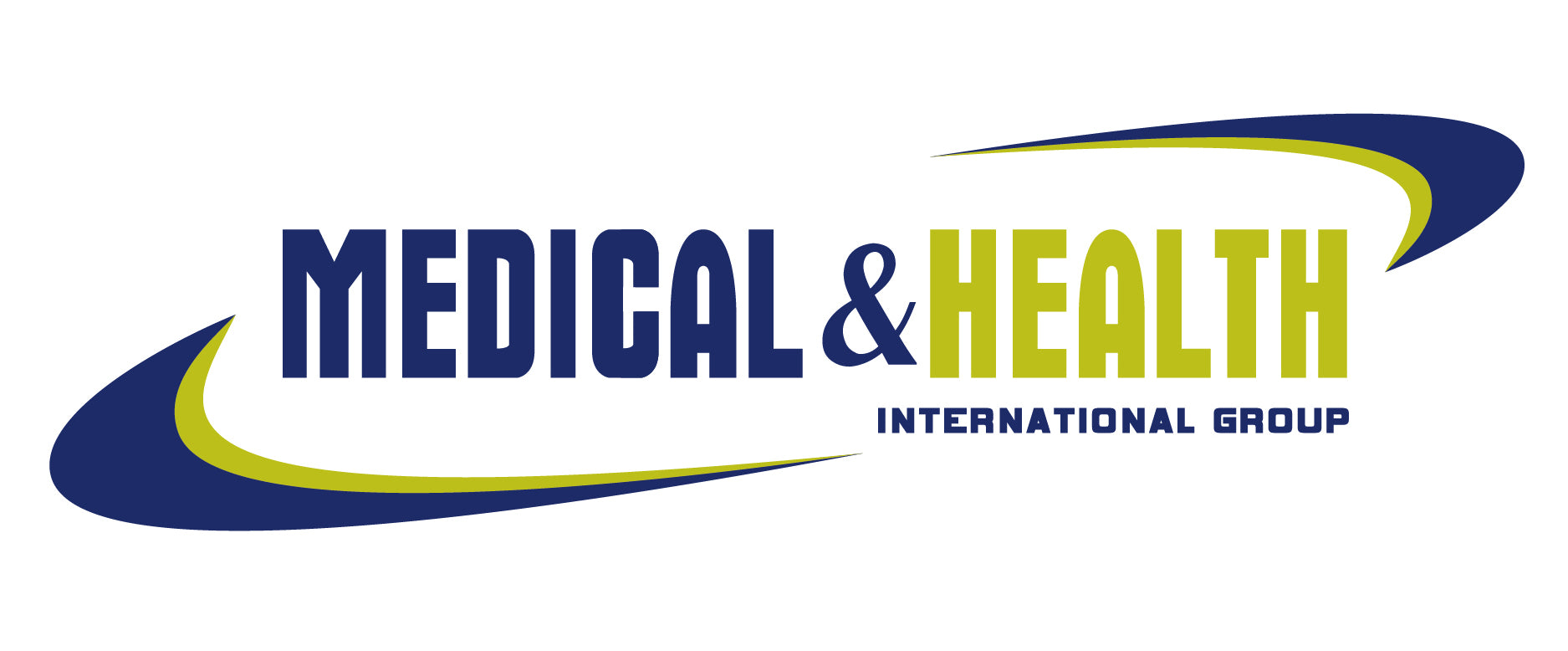
Sources and Mechanisms of Resveratrol:
Resveratrol, a polyphenolic compound, is synthesized by plants as a response to stressors such as fungal infections and UV radiation. Its presence in foods like red wine has sparked curiosity about its role in the "French Paradox," where moderate red wine consumption appeared to correlate with a lower incidence of cardiovascular disease despite a diet rich in saturated fats. Resveratrol's antioxidant properties stem from its ability to neutralize harmful free radicals in the body, contributing to cellular health and potentially reducing oxidative stress.
Health Applications and Potential Benefits:
The potential health benefits of resveratrol span a wide spectrum of wellness areas. Research suggests that this compound may play a role in promoting cardiovascular health by supporting healthy blood vessel function, reducing inflammation, and possibly inhibiting the formation of blood clots. Additionally, resveratrol has been investigated for its potential anti-aging effects, as it may activate certain proteins associated with longevity. Some studies also suggest that resveratrol could impact metabolic health by improving insulin sensitivity and lipid profiles, making it a topic of interest in the fight against obesity and type 2 diabetes.
Ongoing Research and Future Implications:
The exploration of resveratrol's potential benefits is an ongoing endeavor in the scientific community. Research continues to unravel its mechanisms of action and its impact on various health conditions. However, it's important to note that while resveratrol shows promise in lab and animal studies, human clinical trials are needed to establish its effectiveness and safety conclusively. As the field of nutraceuticals and functional foods expands, resveratrol holds the potential to be incorporated into dietary strategies for promoting overall health and preventing chronic diseases.
Conclusion:
In conclusion, resveratrol stands as a captivating example of nature's potential to provide us with compounds that could positively impact our health and well-being. Its antioxidant properties and potential benefits in cardiovascular health, aging, and metabolic wellness have piqued the interest of researchers and health enthusiasts alike. While there is much to be excited about, further research is necessary to fully understand the extent of resveratrol's effects and its optimal applications. As the quest for holistic health solutions continues, resveratrol offers a tantalizing glimpse into the remarkable synergy between nature and science.
